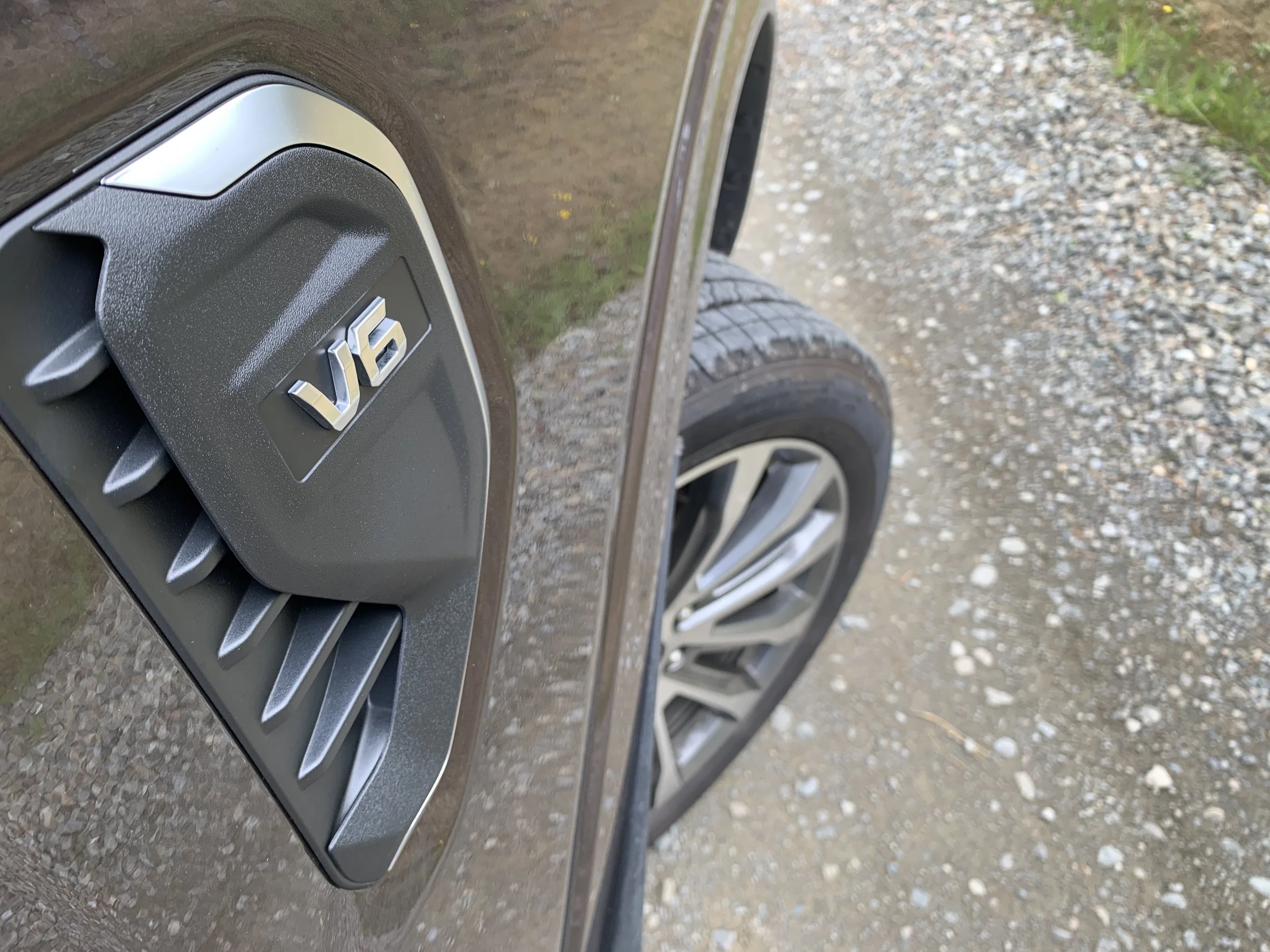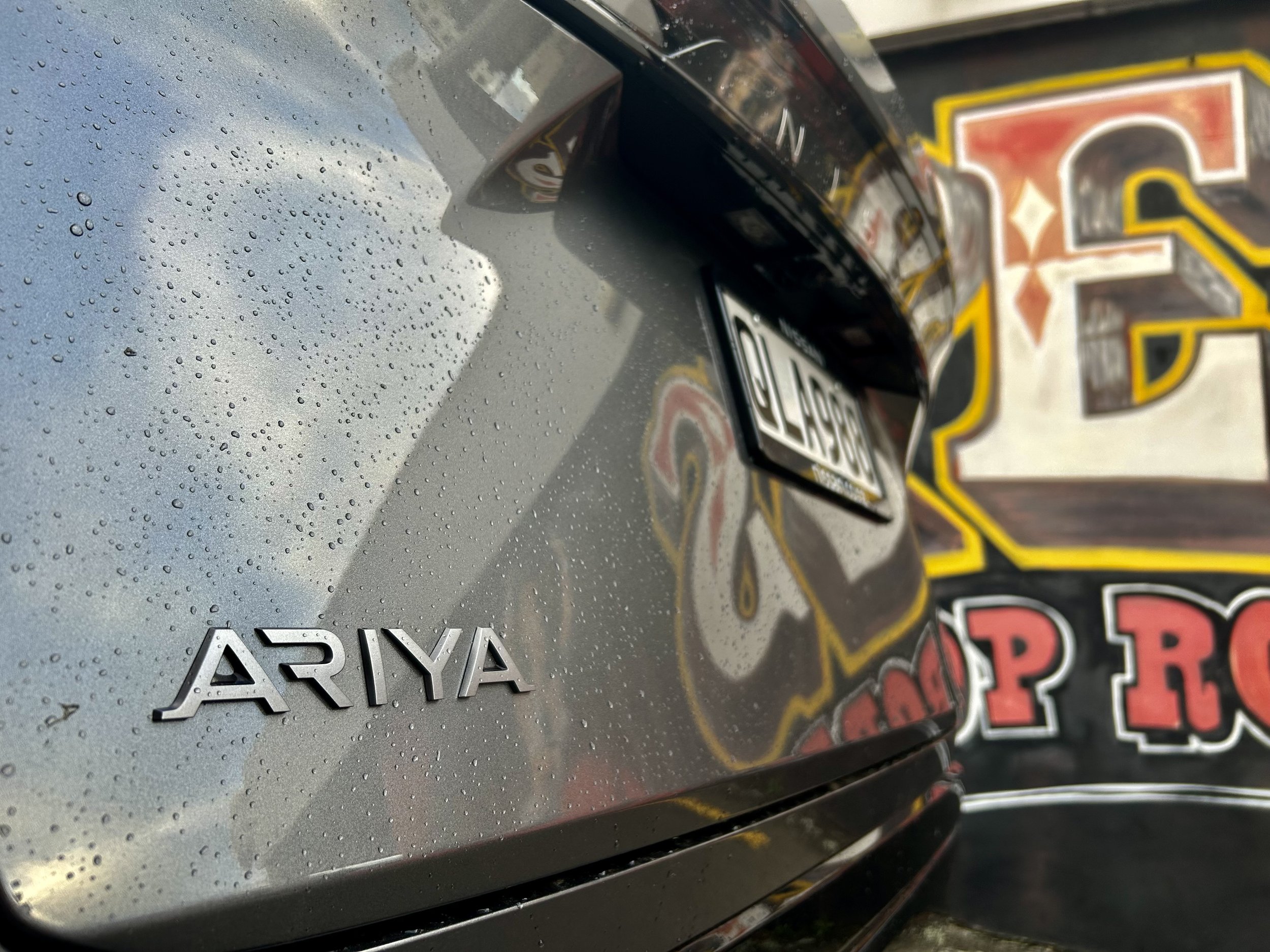Volvo slowdown hasn’t revved up customers
/Safety-first Swede’s speed restriction is worth talking about, right? Erm….
Volvo’s current speed kings, the just-landed S60 and V60 T88s, are hit hardest by the reduction
IN the 48 hours since the parent brand announced intent to speed limit its cars to 180kmh, Volvo’s local distributor has been inundated with inquiry about how to secure faster fare still in stock.
Actually, that’s a fib.
A run on the quicker cars hasn’t happened and care to guess how owners have reacted?
Answer: So far … with silence.
Admits Volvo Cars New Zealand boss Coby Duggan: “We haven’t received any customer feedback in relation to the speed cap as yet.”
Does this surprise? Not entirely. The Volvo owner persona isn’t so performance-fixated these days.
“I’m yet to come across a Volvo customer who had ‘top speed’ on their list of key purchasing criteria.”
Even though it was first signalled a year ago, and regardless that Volvo has an especially high status for being safety aware, the impact of Gothenburg having now implemented a determination for all new Volvo cars to be pulled back to a peak 180kmh and be tweaked to further restrict their top speeds using a programmable key, an initiative called Key Care is bold.
coby duggan: if you want a faster Volvo, call him soon.
The new top speed is about 50-70kmh slower than the same cars can achieve now.
Sweden has acknowledged that a world-first statement no other car maker has dared make has proven “controversial”, but it is standing by its attitude that this is a core element of its plans to work toward its vision of a future with zero traffic fatalities and serious injuries in all new Volvo cars globally.
“We believe that a car maker has a responsibility to help improve traffic safety,” said Malin Ekholm, head of the Volvo Cars Safety Centre, during this week’s announcement. Volvo had “an obligation to continue its tradition of being a pioneer in the discussion around the rights and obligations of car makers to take action that can ultimately save lives.”
"The speed cap and Care Key help people reflect and realise that speeding is dangerous.”
All Volvos sold here carry the highest (five star) crash test scores given by Australasian New Car Assessment Programme (ANCAP), the only independent tester recognised by the New Zealand Government, which art-funds the Melbourne-based testing organisation.
Currently, the most recent models to be introduced locally, the S60 sedan and its sister V60 wagon in T8 plug-in hybrid format, stand as the brand’s fastest cars in production, with a top speed of 250kmh.
Volvo cites that the speed cap will implement across all cars for ‘Model Year 2021’, but as that period actually begins in 2020 basically it means local customers should assume any new car ordered from the factory from now onwards will potentially have the limit.
last of the fast: the V60 T8
Says Duggan: “While there have been some COVID-related delays to the model year change, we expect to land the first of these in September and October.
While the S60 and V60 T8 “are among our most recent arrivals, the intention was always for the speed cap to be applied across the range at the same time rather than in a more staggered manner, hence the MY21 roll-out.”
The implementation isn’t retrospective, and chances are some cars here already will be available for sale beyond the point when speed-limited equivalents arrive.
“We’re in pretty good shape in terms of stock (without the speed cap) – both quantity and model mix – to carry us through to the arrival (of cars with the speed cap).
“While forecasting retail run rates is a tricky proposition in the current environment – for everyone - I don’t expect the speed cap in itself to have any impact on demand.”
There’s also expected to be strong interest in Care Key, an alternate physical car key which allows owners to set their own speed limits, "before lending their car to other family members or to younger and inexperienced drivers," Volvo has explained.
The cars will recognise when it is being unlocked by the Care Key and automatically implement a limited top speed of the owner's choosing.
The Auckland-domiciled distributor has already considered what might happen were any future owners to conspire to over-ride the factory’s speed-restriction measures.
“We don’t believe the speed cap can be overridden and even if it was technically possible to do so it’s certainly not a service Volvo NZ or our authorised network would offer,” said Duggan.
He offered no response on whether tampering would impact on a car’s warranty, though generally implementation of any performance-altering software on new cars often does void the factory cover.



















